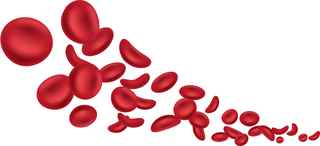Aplastic Anemia Treatment
At UT Southwestern, we provide comprehensive care for people with aplastic anemia, as well as education on how to prevent complications. Our doctors will determine the appropriate course of treatment, depending on the severity of the disorder, the patient’s age, and the cause of the disorder, if known.
In mild cases, careful observation might be prescribed. Severe aplastic anemia, which is characterized by very low blood cell counts, needs immediate care.
A bone marrow transplant (also known as a stem cell transplant) may provide a cure for aplastic anemia.
Other treatments for aplastic anemia include:
- Blood transfusions, which replenish red blood cells and platelets. This treatment helps relieve symptoms such as anemia, fatigue, and bleeding problems, but it is not a cure.
- Immunosuppressants, which stop the immune system from attacking bone marrow stem cells, allowing them to make new blood cells. These medications might be an option for people who can’t have a bone marrow transplant or who developed aplastic anemia due to an autoimmune disorder. While this treatment can be effective, it is not a cure.
- Bone marrow stimulants, which are frequently used along with immunosuppressants and help the bone marrow make new blood cells. While these medications often improve symptoms, they do not provide a cure.
If the cause of aplastic anemia is known, some people might improve by avoiding that known factor. For example, people who develop aplastic anemia during radiation therapy or chemotherapy or while using certain drugs typically get better after stopping those treatments or drugs. People who develop aplastic anemia during pregnancy will need blood transfusions during pregnancy, but the disorder often goes away when the patient is no longer pregnant.
People with aplastic anemia might also need supportive care, such as antibiotics or antiviral or antifungal drugs to treat infections and placement of a central venous catheter for delivering infused medicines.
In addition, people with aplastic anemia might avoid complications by:
- Reducing exposure to germs by keeping hands clean, staying away from people who are sick, wearing a mask, and getting a flu shot and other vaccines as recommended
- Taking time to rest when needed
- Not playing contact sports





